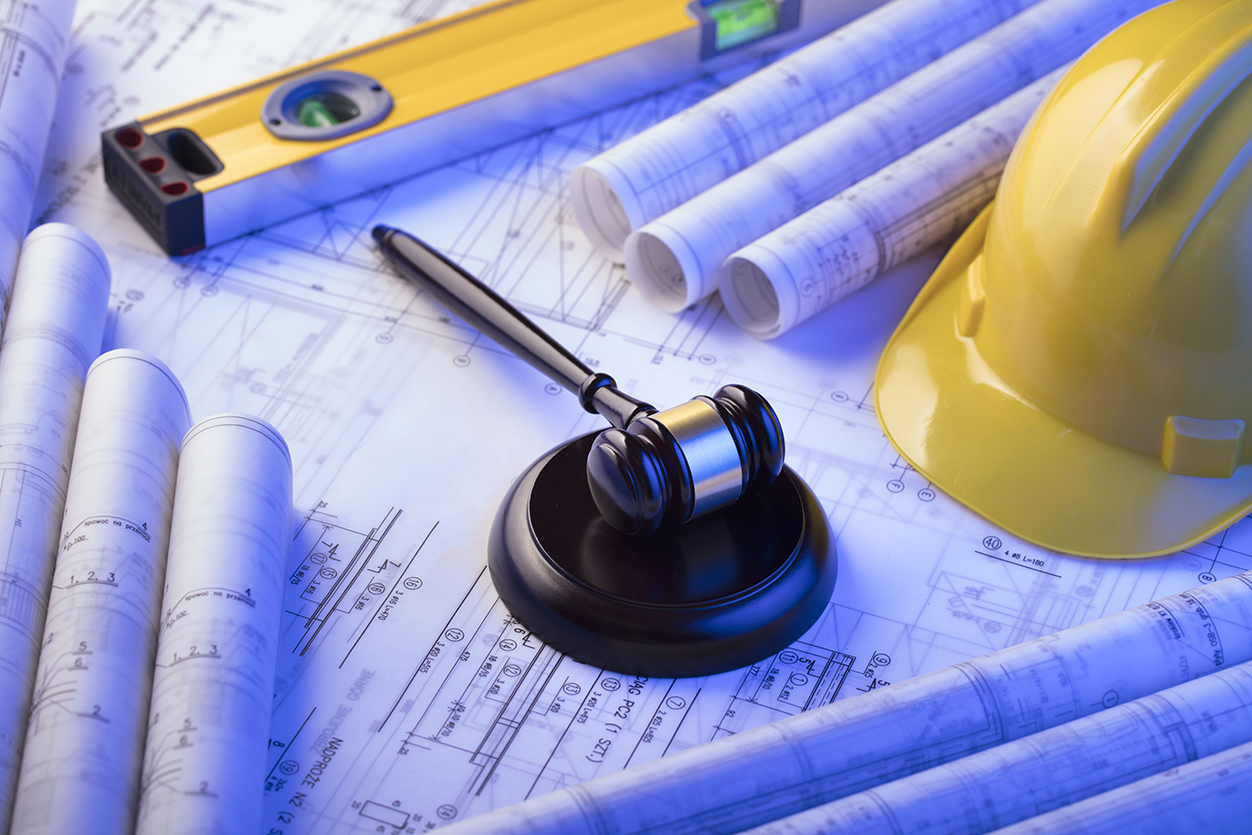What Makes You Such an Expert? Case Note: Builder Services Group, Inc., v. Taylor

Litigation can be a daunting and confusing process. As a firm specializing in construction litigation, we are often asked by our clients, particularly of those who have not been a party to a lawsuit before, how experts fit into the process. Why do I need an expert? What role will they play? A recent case from the one of Texas’s 14 courts of appeals sheds some light on an expert’s place in construction litigation.
In Builder Services Group, Inc. v. Taylor, et al., the Austin Court of Appeals held that the evidence presented at trial was insufficient to support the jury’s finding that a construction contractor’s acts or omissions caused property damage. According to the Court, the issues were outside the general experience and common understanding of a layperson, therefore requiring expert testimony. Since Plaintiffs failed to provide qualified or sufficient expert testimony, they failed to prove their case, or in legal terms, failed to present legally sufficient evidence to support the jury finding.
In Builder Services, the contractor, Builder Services Group (BSG), installed spray foam insulation in a house being constructed for Plaintiffs. Plaintiffs claimed that during construction of the house—while visiting the project—and after they moved in, they were exposed to harmful volatile organic compounds (“VOCs”) from the spray foam insulation. Plaintiffs further alleged BSG installed the insulation improperly, resulting in the insulation failing to cure or adhere and causing the insulation to off-gas VOCs into the house. The jury agreed, finding that BSG caused Plaintiffs’ property damage.
At trial and on appeal, BSG argued that Plaintiffs failed to introduce competent expert testimony to support either a finding that the spray foam insulation emitted VOCs or that BSG’s installation of the insulation caused off-gassing of VOCs. The Court first determined whether expert testimony was necessary and then whether the evidence presented, including the testimony of Plaintiffs’ expert, was legally sufficient.
In finding that Plaintiffs’ claims required evidence from an expert witness, the Austin Court of Appeals held that whether spray foam insulation has been properly installed and whether improper application can cause it to emit toxins are matters not within a layperson’s general and common understanding. Plaintiffs seemingly fulfilled the requirement of presenting evidence from an expert by retaining an organic chemistry professor who testified at trial.
Plaintiffs, however, failed to retain the right type of expert or have that expert connect all dots for causation. As the Austin Court noted, Plaintiffs’ expert lacked education or training on proper application of spray insulation, did not testify about standard of care for installation insulation, and failed to provide any testimony about the manner in which BSC installed the insulation improperly.
In addition, Plaintiffs’ expert failed to establish that the VOCs detected in Plaintiffs’ house originated from the spray foam. Instead, the expert testified that a variety of other building products could have released the VOCs detected in the house. As the Court noted, the expert “did not identify a single organic compound that is definitely off-gassing from the spray foam insulation.”
In a final blow to Plaintiffs’ case, the Court held that Plaintiffs’ expert’s opinion that the two components of the foam insulation were not mixed at the right temperature or right ratio allowing off-gassing of VOCs was too great an inferential leap to be sufficient evidence of causation. Having found that Plaintiffs failed to retain a qualified expert to testify about the necessary standard or care, the Austin Court reversed the jury’s findings and rendered judgment in BSC’s favor.
What experts to retain and whether those experts are providing legally sufficient evidence are case-specific questions that an attorney should address. Our attorneys in Dallas and Austin are available to answer any questions you may have.
Legal Disclaimers
This blog is made available by Gerstle Snelson, LLP for educational purposes and to provide general information about the law, only. Neither this document nor the information contained in it is intended to constitute legal advice on any specific matter or of a general nature. Use of the blog does not create an attorney-client relationship with Gerstle Snelson, LLP where one does not already exist with the firm. This blog should not be used a substitute for competent legal advice from a licensed attorney.
©Gerstle Snelson, LLP 2020. All rights reserved. Any unauthorized reprint or use of this material is prohibited. No part of this blog may be reproduced or transmitted in any form or by any means, electronic or mechanical, including photocopying, recording, or by any information storage or retrieval system without the express written permission of Gerstle Snelson, LLP.

